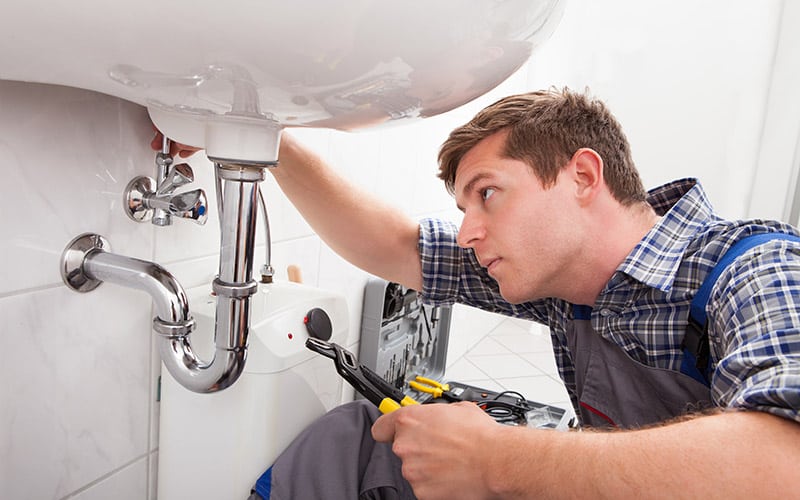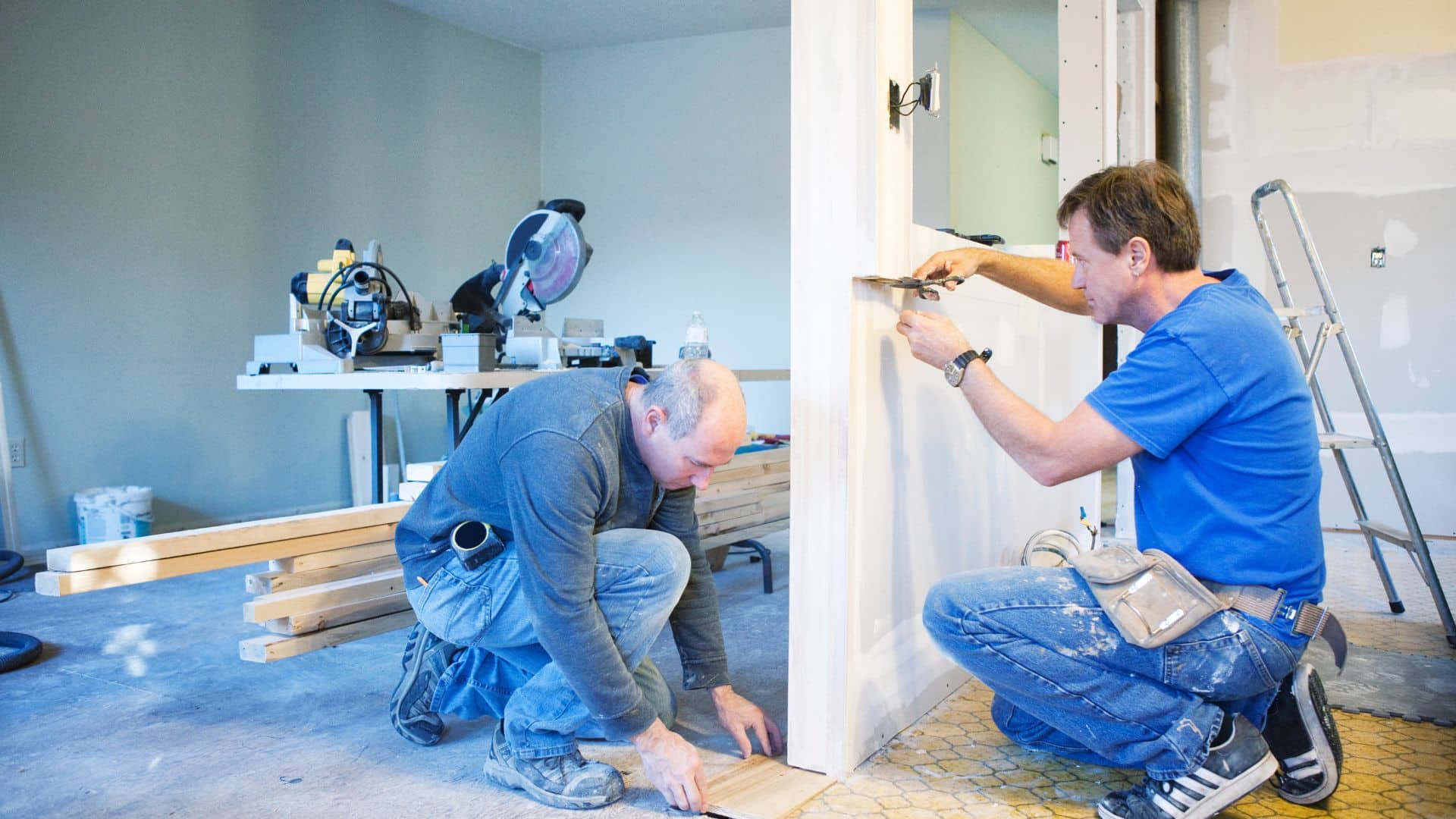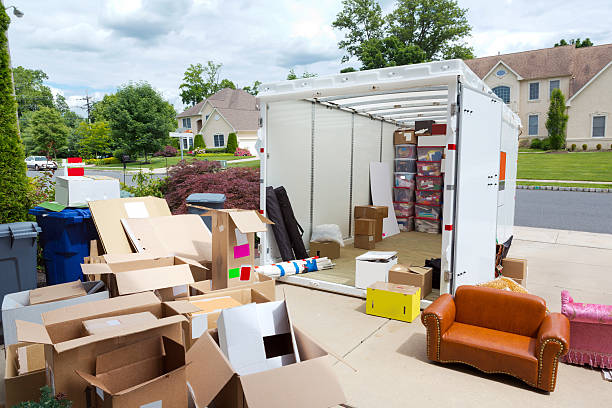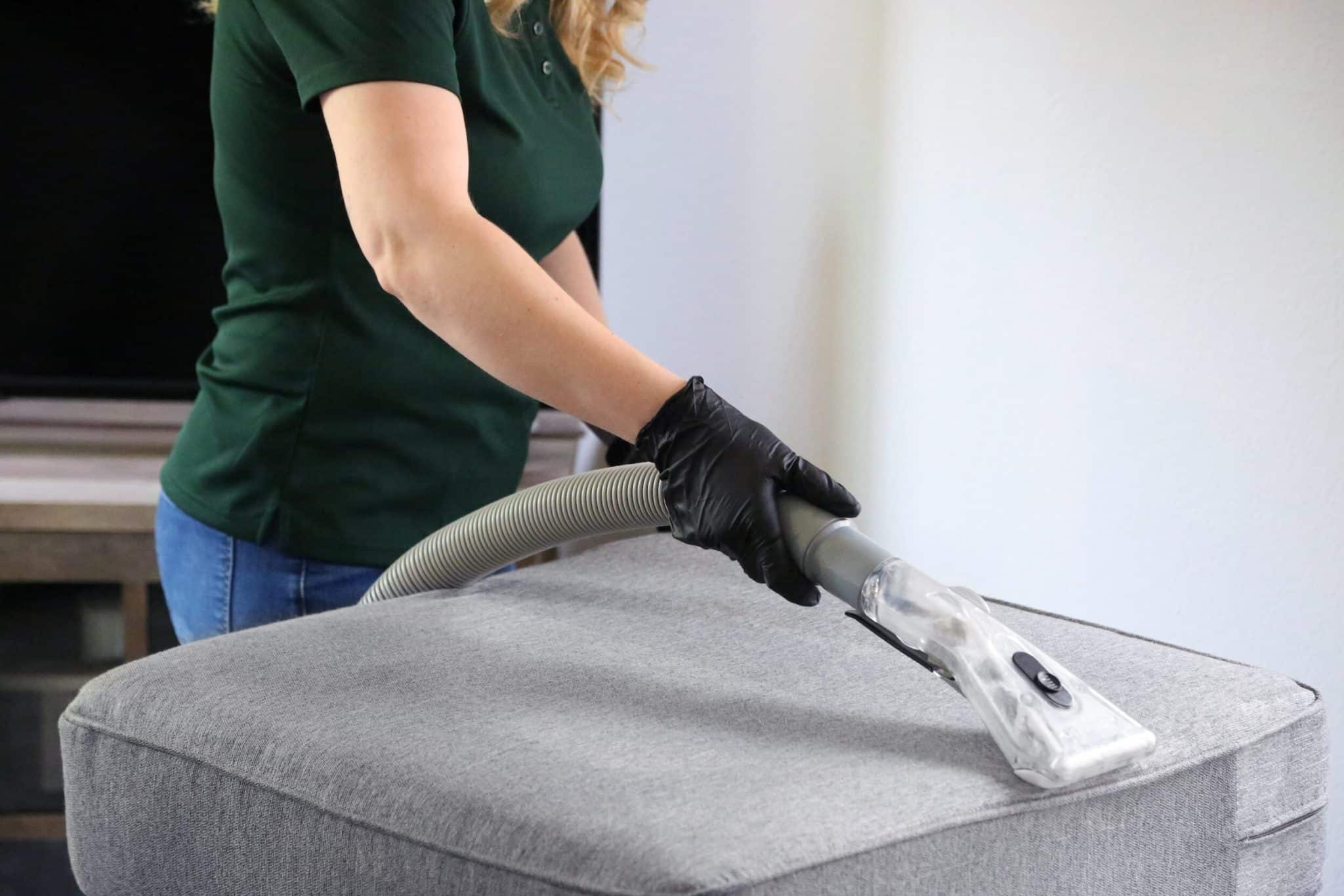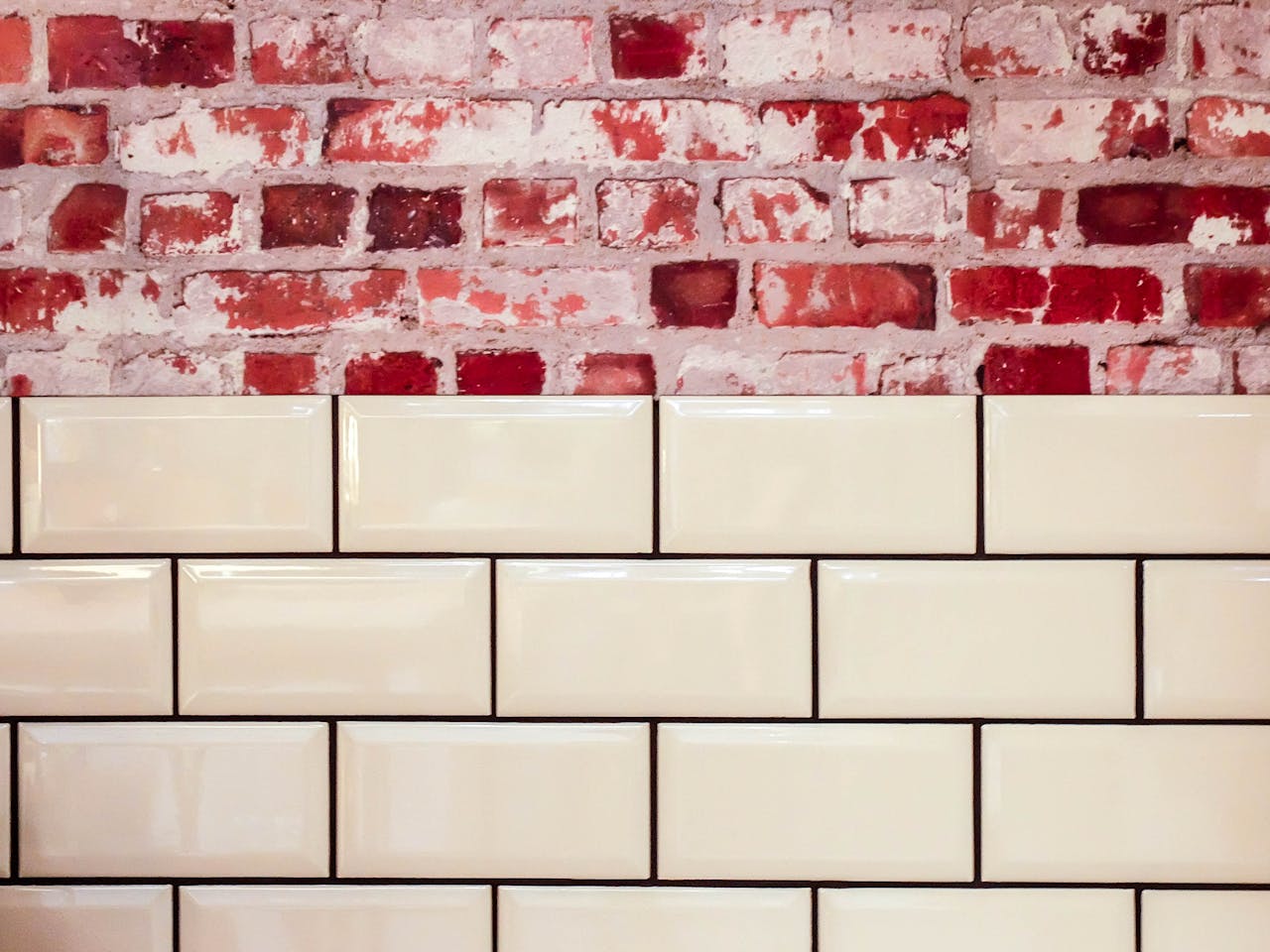Understanding the Work of Plumbers in Fixing a Clogged Drain
A clogged drain is a common household issue that can cause significant inconvenience and potential damage if not addressed promptly. Understanding what plumbers do to fix a clogged drain can help homeowners appreciate the complexity of the task and the expertise required. Professional plumbers use a variety of methods and tools to clear blockages and ensure the smooth functioning of the drainage system.
Initial Assessment and Diagnosis
The first step a plumber takes when addressing a clogged drain is conducting a thorough assessment. This involves asking the homeowner about the symptoms they have noticed, such as slow draining, gurgling sounds, or foul odors. The plumber will also inspect the affected area, looking for visible signs of blockage or damage.
Plumbers often use specialized cameras to get a clear view of the inside of the pipes. These cameras are attached to flexible cables that can navigate through the plumbing system, providing real-time video footage. This helps the plumber identify the exact location and cause of the blockage, whether it’s accumulated debris, tree roots, or a foreign object.
Selecting the Appropriate Tools
Once the plumber has identified the cause of the clog, they will select the appropriate tools and methods to clear it. One common tool is the plumbing snake, also known as a drain auger. This device consists of a long, flexible metal cable that can be inserted into the drain. The plumber rotates the snake, breaking up the blockage or pulling it out of the pipe.
For more stubborn situations, plumbers can fix a clogged drain with a hydro-jetter. This tool uses high-pressure water to blast away debris and buildup inside the pipes. Hydro-jetting is highly effective for removing grease, sludge, and other materials that can cause blockages. It also cleans the walls of the pipes, helping to prevent future clogs.
Chemical Solutions and Their Use
In some cases, plumbers might use chemical solutions to dissolve clogs. These chemicals are typically powerful acids or bases that can break down organic material, such as hair, soap scum, and food particles. However, professional plumbers use these chemicals with caution, as they can be harmful to both the plumbing system and the environment if not handled properly.
Plumbers will choose the safest and most effective chemical solutions for the specific type of clog they are dealing with. They will also ensure that the pipes are thoroughly flushed with water after using these chemicals to prevent any residual damage.
Mechanical Repairs and Pipe Replacement
If the clog is caused by a damaged or collapsed pipe, the plumber may need to perform more extensive repairs. This could involve removing the damaged section of the pipe and replacing it with a new one. In older homes, pipes made of materials such as clay or cast iron may need to be replaced with more durable materials like PVC or copper.
In some cases, the plumber might need to excavate the area around the damaged pipe to access it. This is often necessary for outdoor pipes that have been damaged by tree roots or shifting soil. Once the damaged section is replaced, the plumber will test the system to ensure that the clog has been cleared and the drainage is functioning properly.
Preventative Measures and Maintenance
After resolving the immediate issue, plumbers often provide homeowners with advice on how to prevent future clogs. This might include recommendations for regular maintenance, such as periodic hydro-jetting or the use of enzyme-based cleaners that help break down organic material in the pipes.
Plumbers may also suggest changes in household habits, such as avoiding pouring grease down the drain, using drain screens to catch hair and food particles, and regularly cleaning the drains with a mixture of baking soda and vinegar. These preventative measures can help keep the plumbing system in good condition and reduce the likelihood of future blockages.
The Importance of Professional Expertise
Conclusion
Fixing a clogged drain involves a series of steps that require professional knowledge and expertise. From the initial assessment and diagnosis to selecting the appropriate tools and performing necessary repairs, plumbers play a crucial role in maintaining the health and functionality of a home’s plumbing system. By understanding what plumbers do to fix a clogged drain, homeowners can appreciate the value of professional plumbing services and the importance of regular maintenance to prevent future issues.

